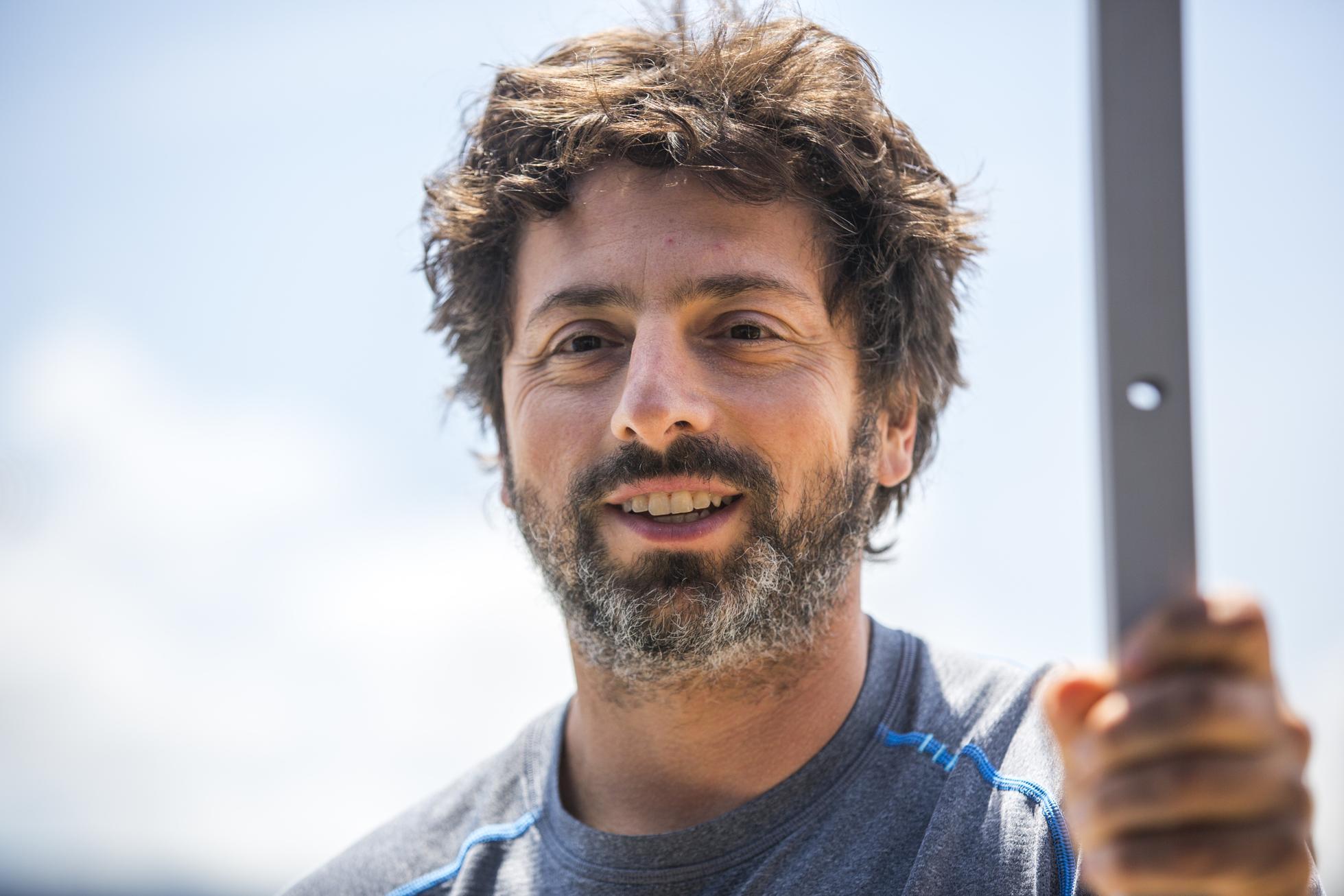Sergey Brin, co-founder of Google. Corbis via Getty Images
As the battle in artificial intelligence technology heats up between Silicon Valley companies, Google cofounder Sergey Brin is getting hands-on again with software code, after years of day-to-day absence.
On Jan. 24, Brin appeared to file his first request in years for access to code, according to screenshots viewed by Forbes. Two sources said the request was related to LaMDA, Google’s natural language chatbot—a project initially announced in 2021, but which has recently garnered increased attention as Google tries to fend off rival OpenAI, which released the popular ChatGPT bot in November.
Brin filed a “CL,” short for “changelist,” to gain access to the data that trains LaMDA, one person who saw the request said. It was a two line change to a configuration file to add his username to the code, that person said. Several dozen engineers gave the request LGTM approval, short for “looks good to me.” Some of the approvals came from workers outside of that team, seemingly just eager to be able to say they gave code review approval to the company cofounder, that person added.
Google didn’t respond to multiple requests for comment.
The move was a small technical change, but underscores how seriously the company is taking the looming threat from OpenAI and other competitors. Brin and cofounder Larry Page have been largely absent from the company since 2019, when Page handed the reins over to Sundar Pichai to become CEO of Google parent Alphabet. But Pichai has recently called in the company founders to review the company’s AI strategy and help form a response to ChatGPT, according to the New York Times. Brin’s tinkering highlights the level of involvement the cofounders have taken.
The company reportedly considers the situation so urgent that Pichai has declared a “code red,” shaking up the work of several groups within the company to present a countermove. Google is reportedly set to unveil a slew of new AI products later this year.
Brin’s code request also received some snark from Googlers. In response, one person commented “Fix Google first.” Another person wrote, “At least talk to us,” a reference to the distance of the cofounders over the last few years. Some people linked to posts from Google’s internal memes forum. Some of the memes showed old people fighting, a source told Forbes.
When Pichai announced Google’s biggest round of layoffs in company history last month—eliminating the jobs of some 12,000 employees, or 6% of the workforce—he did so with an eye toward refocusing the company on artificial intelligence. “We have a substantial opportunity in front of us with AI across our products and are prepared to approach it boldly and responsibly,” he wrote in an email to employees.
